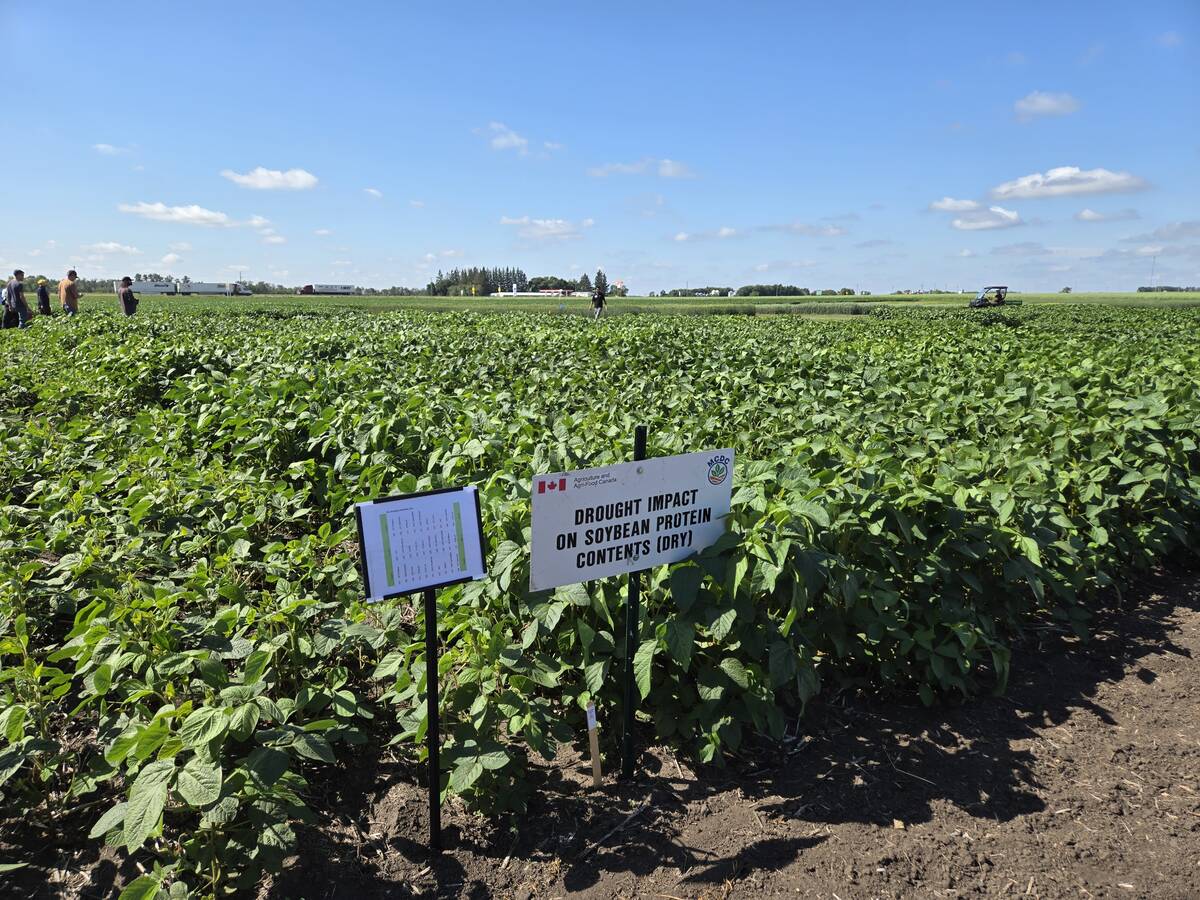Canadian supply management farmers are deluding themselves if they think a new World Trade Organization deal can be negotiated without some concessions on their part, says the former chair of WTO agriculture negotiations.
But Tim Groser, a conservative New Zealand MP, told a meeting of Grain Growers of Canada Nov. 29 that it should not mean the end of the system. He cautioned sector leaders not to overdramatize the implications of cuts to over-quota tariffs.
“I think in some quarters there is an expectation you can get away with doing nothing, and that is wrong,” said Groser in a keynote speech to the Ottawa seminar organized by GGC and the Canada Grains Council. “But don’t overdramatize the issue. That is my friendly advice.”
Read Also

Carberry field day looks for agriculture solutions
Manitoba farmers explored research solutions for resilient crops, perpetual agronomic issues and new kinds of agricultural products at a field day at the Manitoba Crop Diversification Centre in Carberry on Aug. 6.
As New Zealand’s WTO ambassador and agriculture negotiations chair until the end of July, he was subject to regular lobbying from all sides in the Canadian agricultural community. He is familiar with the repeated arguments of supply management defenders that the system cannot afford any cut in protection, which on some products is in the 200 to 300 percent range.
“I know part of the debate is that the system is at stake,” he said. “I don’t think that is accurate.”
Despite a recent unanimous resolution by the House of Commons insisting that Canadian negotiators must not come back with a WTO deal that in any way reduces supply management tariff protections or increases guaranteed import minimums, Groser said Canadian negotiators should be sent to the talks with the mandate to negotiate.
“Give them some slack,” he said. “Canada is not going to get away with doing nothing.”
He said it is too early to predict if Canada, with a few supporters including Australia, will win the argument for exempting from any deal the single desk monopoly enjoyed by such state trading enterprises as the Canadian Wheat Board.
“I don’t think it is at all clear yet how in the final result this issue will turn out,” he said. “It may well be caught up in all manner of tradeoffs. It is too early to tell.”
Despite his criticism of Canada’s stance on supply management tariffs, Groser said the country retains strong credibility within the WTO for the skill of its negotiators and the technical and analytical expertise they and their supporting bureaucracies in Ottawa offer to WTO members.
He warned Canadian farmers who hope for a subsidy and tariff-cutting deal not to overestimate the benefits and the speed at which they will be delivered.
The WTO does not bring “instant gratification,” he said. The effects of any deal will only gradually be felt in the market.
“This is a long-term process,” he said. “There will not be a day you wake up and can say things are better today than they were yesterday because of the deal.”














